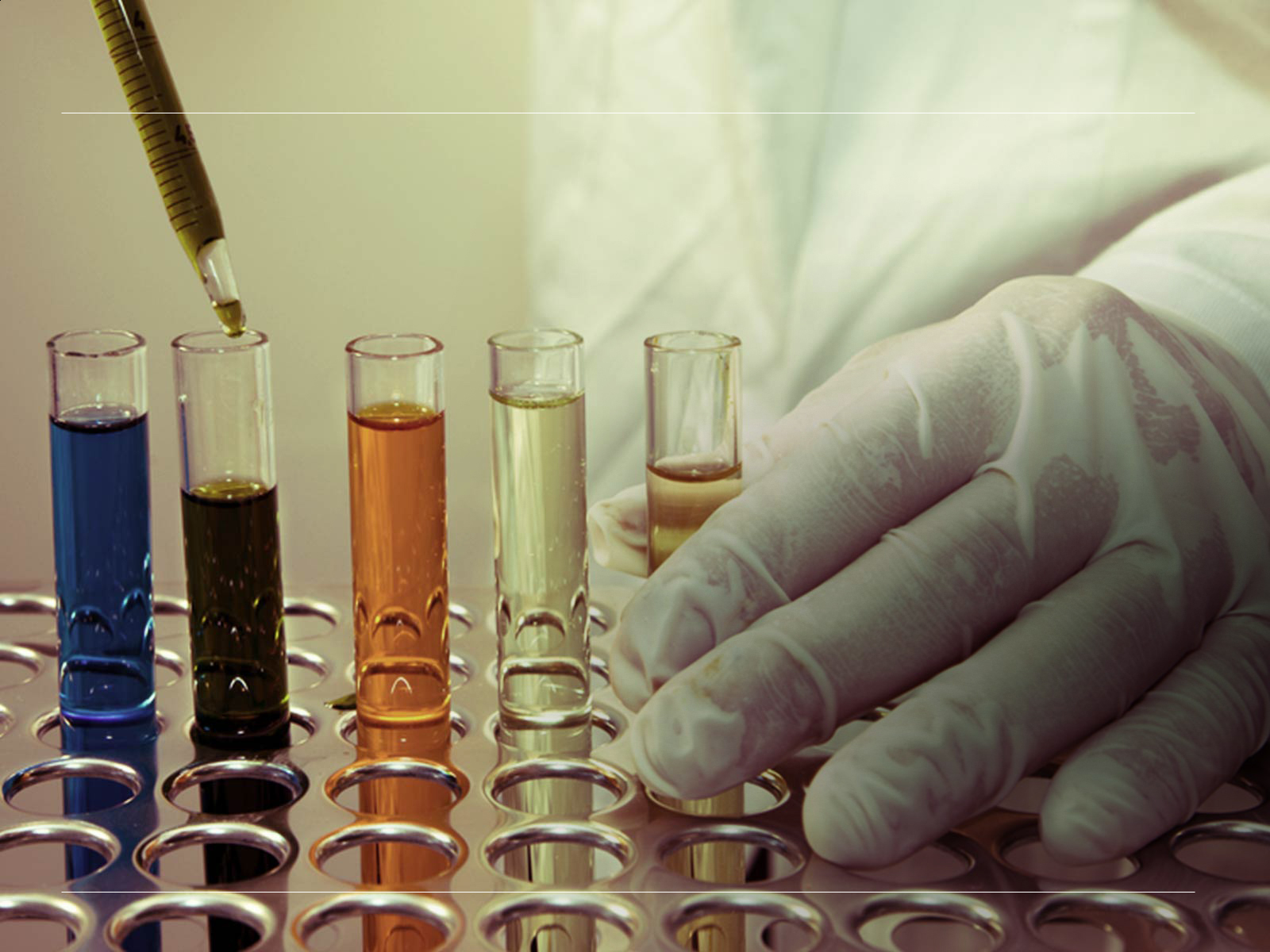Antibiotics have been in the news recently: according to Professor Mark Baker, the Director of the Centre for Clinical Practice (CCP) at the UK National Institute for Health and Care Excellence, 10m prescriptions a year in the UK are made for inappropriate reasons, for example to treat colds which, being viral rather than bacterial infections, are impervious to antibiotics.
This is not just a UK issue. A 12-month study in California in 1998-99 looked at a sample of more than 33,000 patients presenting to doctors with symptoms of the common cold or upper respiratory tract infections and found that around 36% of them were prescribed antibiotics. Another study showed wide variations in the use of antibiotics in different countries, with the intensity of use in Greece more than three times that of the Netherlands for example.
Inappropriate prescription is not just an issue of wasted money but also hastens the process of the evolution of antibiotic-resistant bacteria, something that was recognised by Sir Alexander Fleming in his Nobel Prize acceptance speech back in 1945. It’s particularly alarming when you realise (a) how dependent we are on antibiotics to contain a wide range of diseases and to avoid infections after routine surgery, and (b) that no new classes of antibiotics have been discovered since the mid-1980s to replace those to which bacteria now have resistance.
Impact of antimicrobial-resistant bacteria
The impact is already being felt. The UK government published a report in 2014 showing that antimicrobial-resistant bacteria are already claiming 50,000 lives across Europe and the US every year. Estimates of the current worldwide death toll are more difficult to make given the lack of accurate statistics in the developing world, but could be higher than 700,000 per year.
Inappropriate prescription of antibiotics is not the only reason why drug resistant bacteria are becoming more common. In the developing world the cost of medicines means that poorer patients can often only afford a partial course of antibiotics. Not completing a course of antibiotics is a sure-fire way to strengthen the tolerance of bacteria to the medicine.
But in Europe and North America there is an even more worrying potential source: the use of antibiotics in farm livestock, mainly as either prophylactics (i.e. to attempt to prevent, as opposed to treat, disease) or, evenly more bizarrely, as a growth promoter. Two thirds of all antibiotics used in Europe are given to animals, and there is some evidence that there could be transmission of certain antibiotic-resistant strains of E. coli from animals to humans.
Albert Alexander, an Oxfordshire-based police constable, was one of the first patients to respond positively to penicillin, back in 1941. He had picked up an infection as a result of a scratch from a thorn on a rosebush. Unfortunately, the amount of the then experimental drug that had been made was insufficient to complete the treatment and Mr Alexander relapsed and died once the penicillin ran out.
If we don’t manage to control antibiotic use we could soon be back in a world where something as mundane as a scratch picked up whilst gardening could prove deadly. Cracking down on inappropriate prescribing by doctors—the focus of recent news stories—is one part of the solution. Following the lead of some of the Nordic countries and banning the routine use of antibiotics as prophylactics in animal feed is also critical, as is support in the developing world to make essential drugs more affordable, so people can complete courses of antibiotics.
The views and opinions expressed in this article are those of the authors and do not necessarily reflect the views of The Economist Intelligence Unit Limited (EIU) or any other member of The Economist Group. The Economist Group (including the EIU) cannot accept any responsibility or liability for reliance by any person on this article or any of the information, opinions or conclusions set out in the article.




